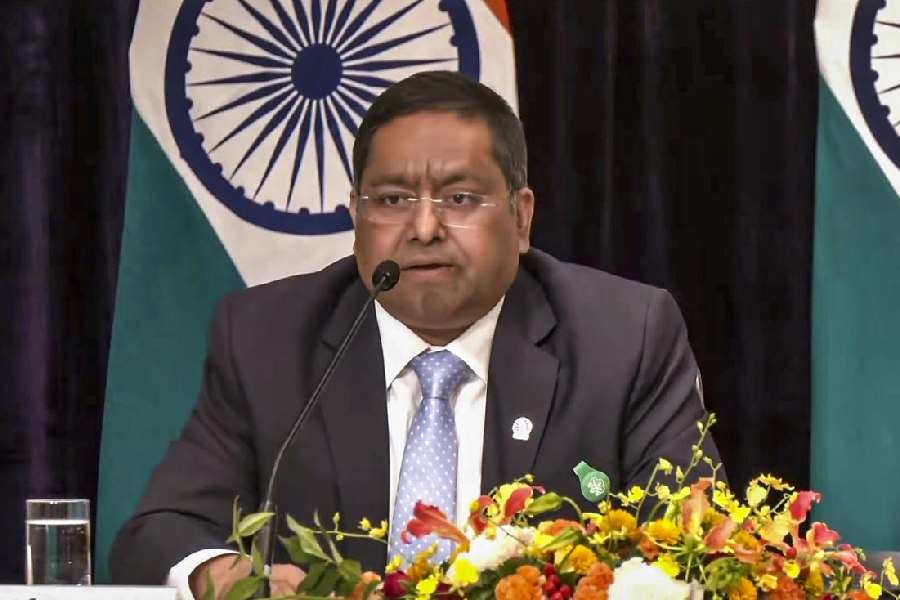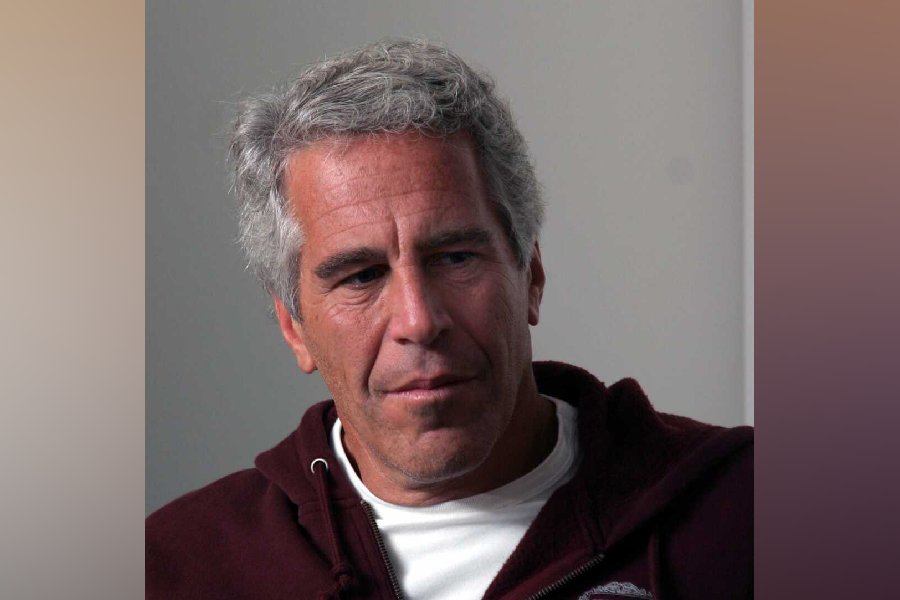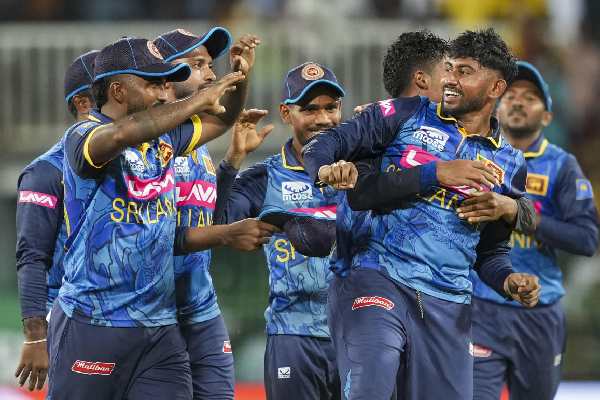Royal crisis
My path and that of King Charles III have crossed quite a few times over the years, usually as royalty and humble reporter. So I know that he has always stuck up for India and Indians. That probably explains why most Indians that I know in the United Kingdom have taken his cancer diagnosis so personally. Britain really does need the King. To be sure, the King will get the best treatment and his cancer was caught early, according to Rishi Sunak, the British prime minister. There are scientists like Shankar Balasubramanian at Cambridge working on targeted treatments, but these are still at the research stage. Having lost friends and family in recent years, I know chemotherapy and radiotherapy invariably weaken the immune system, even in strong patients. And Charles wants to get back to work.
One Indian close to the King is Lord Jitesh Gadhia, the chairman of the British Asian Trust, a charity close to Charles’s heart because it does work in India. “His Majesty first visited India in 1975 and has since made nine official trips to the country,” Gadhia reminded me. The King’s heir, Prince William, who would normally stand in for his father, faces the same dilemma as Virat Kohli — duty versus family. William has decided his priority is to be with his wife, Catherine, who is recovering from abdominal surgery. His estranged younger brother, Harry, flew all the way from California, met Charles for 30 minutes and then returned home without seeing either William or Catherine. The monarchy, which has hitherto given Britain its stability, could have done without family rifts at this time.
Memorable flight
The British Overseas Airways Corporation, which became British Airways after its merger with British European Airways, began life as Imperial Airways, whose first flight to Delhi departed on December 6, 1924 and took 14 hours to reach its destination. The airline is considering marking 100 years of flying to India by commissioning Chila Burman, an exceptional British Indian artist, to paint a British Airways Dreamliner in Indian motifs. Chila has been inspired by her late father, Bachan Singh Burman, who arrived in Liverpool in 1954 after having worked as a tailor in Calcutta for 16 years. He sold ice cream from a van that had a royal Bengal tiger on top. Chila’s signature, which has been admired all over Britain and overseas, is an illuminated tiger made from twisted neon lights. The last time I saw Chila’s itinerant tiger was at an exhibition for the boys at Eton College.
Personally, I would be very happy if BOAC marked the anniversary by resuming direct flights to Calcutta. I’d like to do Heathrow-Belgachia in nine hours.
Peerless leader
Baroness Shreela Flather, who died just a week short of her 90th birthday, was born in Lahore in a well-off family and moved to India after the Partition, arrived in Britain as a student in 1952 and was Lord Mayor in the Royal Borough of Windsor and always wore a sari to the House of Lords, where she was the first ethnic minority woman to be given a peerage. She campaigned for a monument to recognise the contribution of Commonwealth soldiers in the two World Wars. This was built near Buckingham Palace.
Shreela would often tell me: “Had it not been for the bravery of the Indian soldiers, Britain would have lost.” Her pet hates included the caste system, Indian peers who fiddled their expenses and any form of racism. Someone should publish a compilation of her speeches at Lords. On one occasion, she said: “I am not a Christian, but I do not find my value system in conflict with the values of the Anglican Church... All these sorts of things make it very easy for me to live in this country... I think it is the best country to live in... I am bicultural: I am British and I am Indian. I have an in-depth understanding of both cultures and I am all the better for it.” Her passing leaves a big gap in the Lords and in Britain’s Indian community.
Inclusive approach
England’s young Pakistani-origin spinners, Rehan Ahmed (19) and Shoaib Bashir (20), have spoken of how respectful team members were when they asked for time off for Friday prayers. “I remember a time in Abu Dhabi where there was a team day out on a Friday,” Rehan told the BBC. “We had Friday prayers. Obviously me and Bash were there. I messaged Wayno, the team manager, asking if we could miss this day because we needed to pray. Stokes messaged me straight away and said, ‘Come to me whenever you want about this kind of stuff, I understand it fully.’ And yes he’s stuck by his word. Every time I pray he is so respectful, very understanding. Everyone is on this tour.” Years ago, Moeen Ali told me: “I love cricket and I give 100% but at the end of a tough day I can tell myself it’s just a game, just my hobby, really. My religion is more important.”










